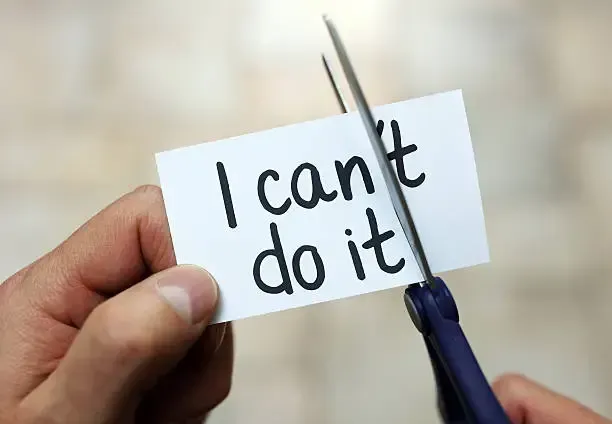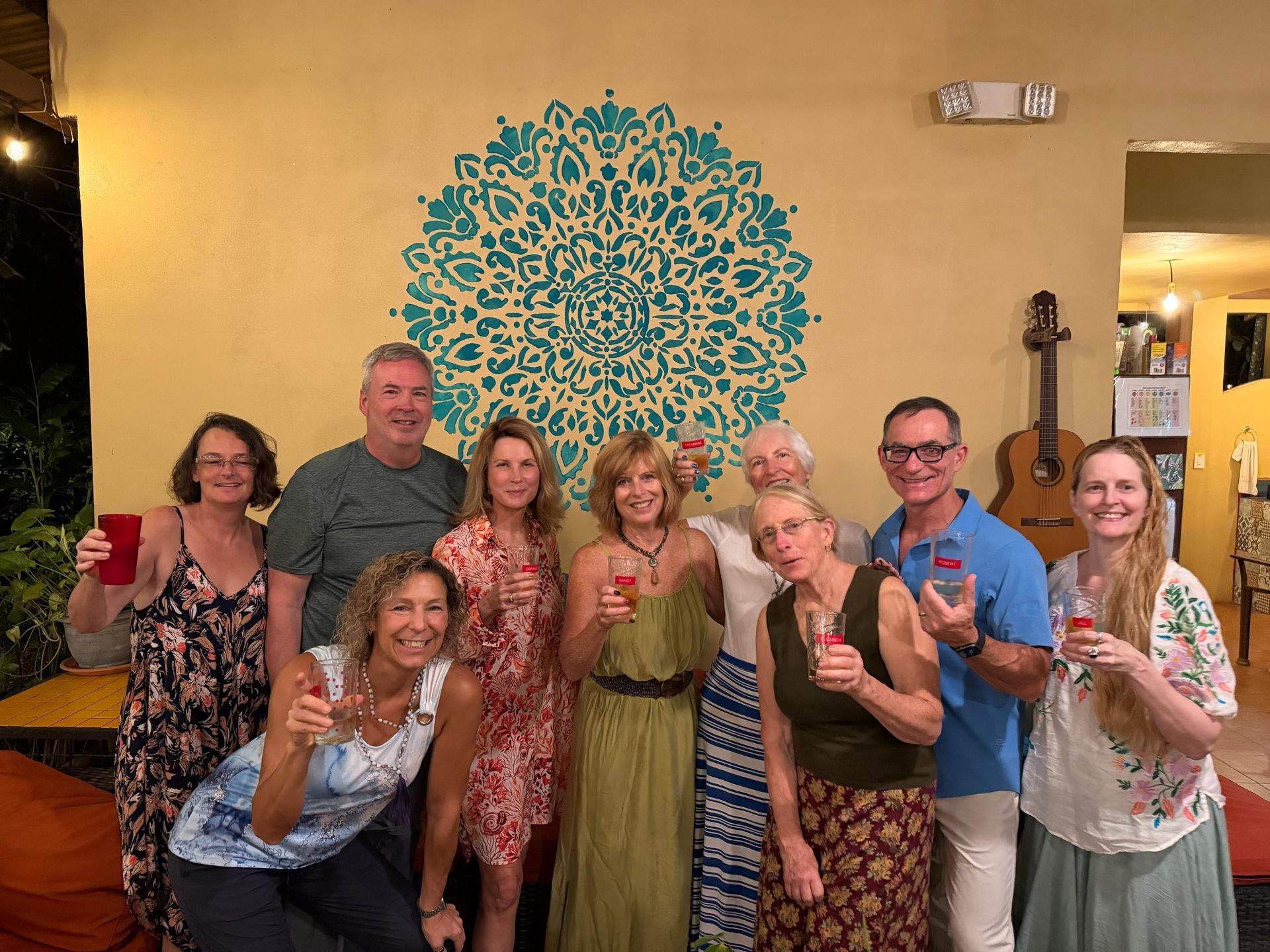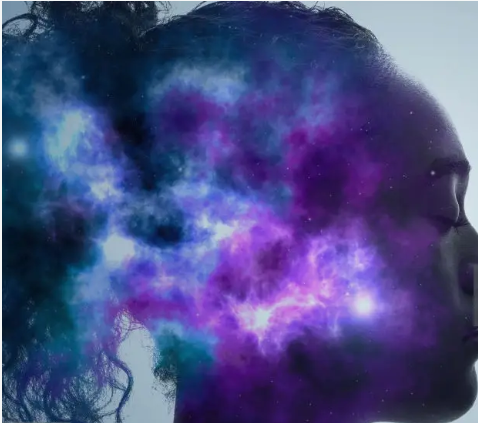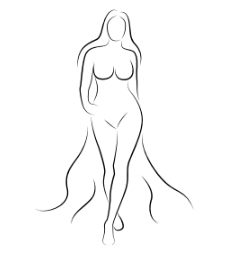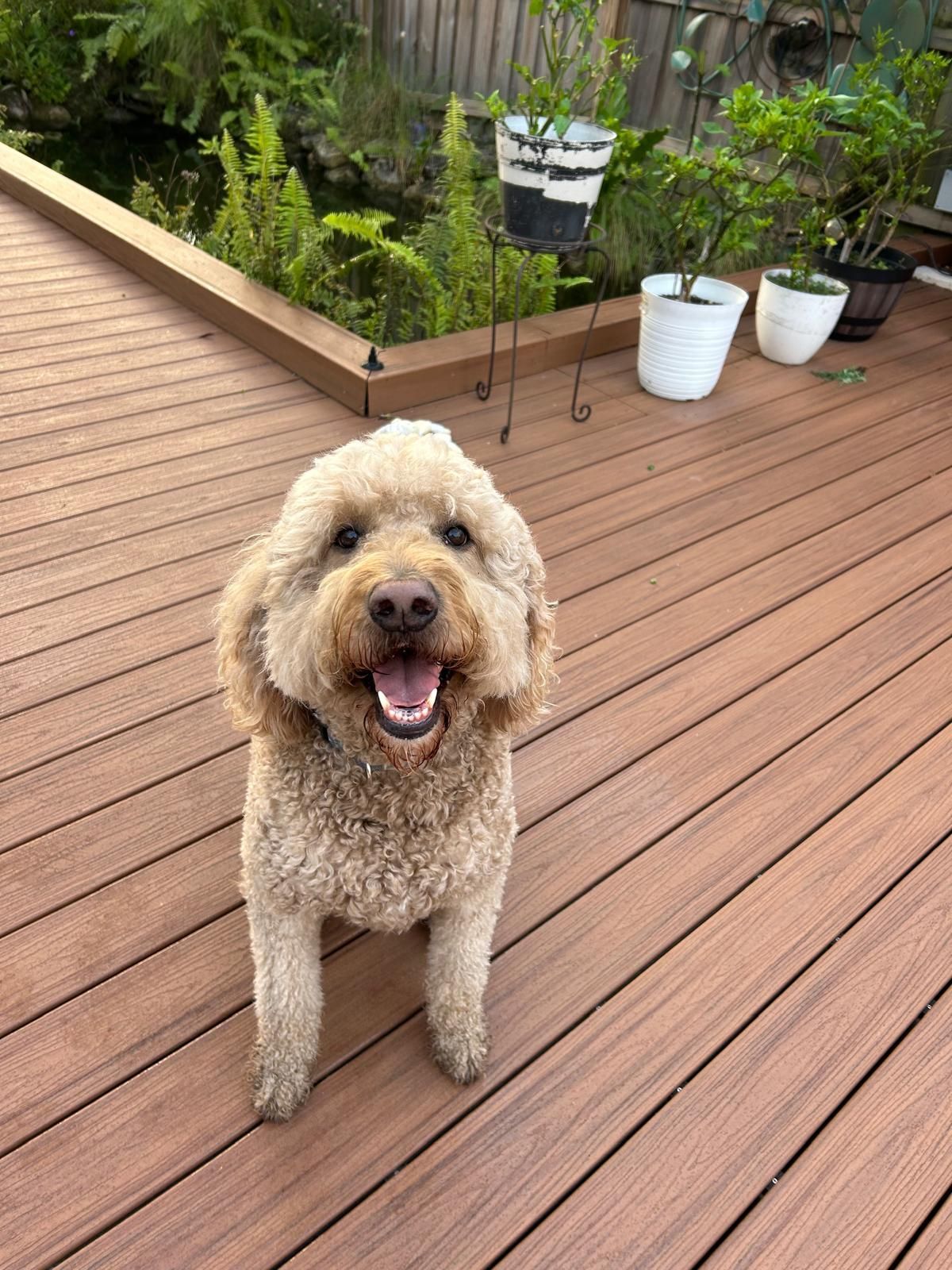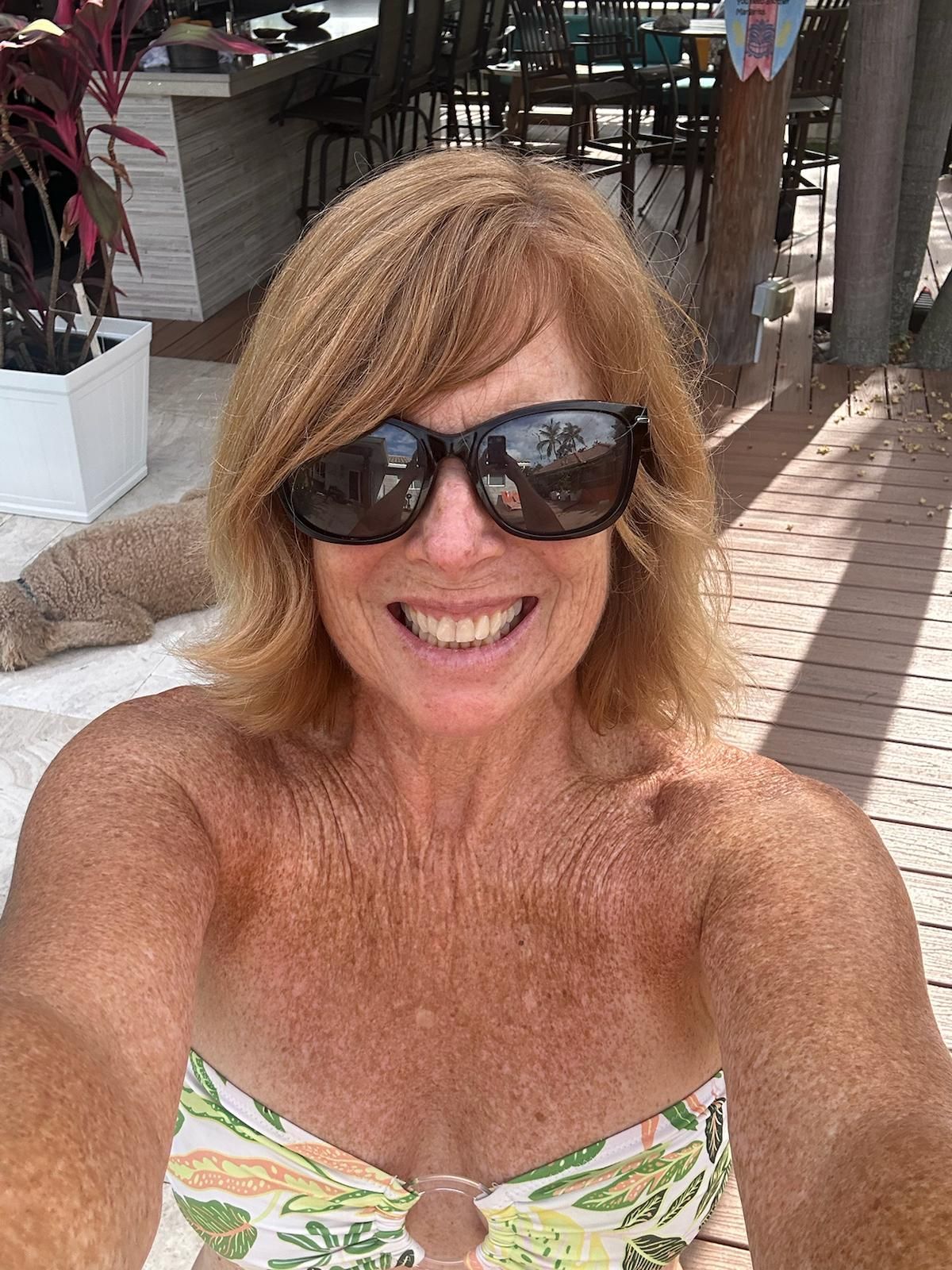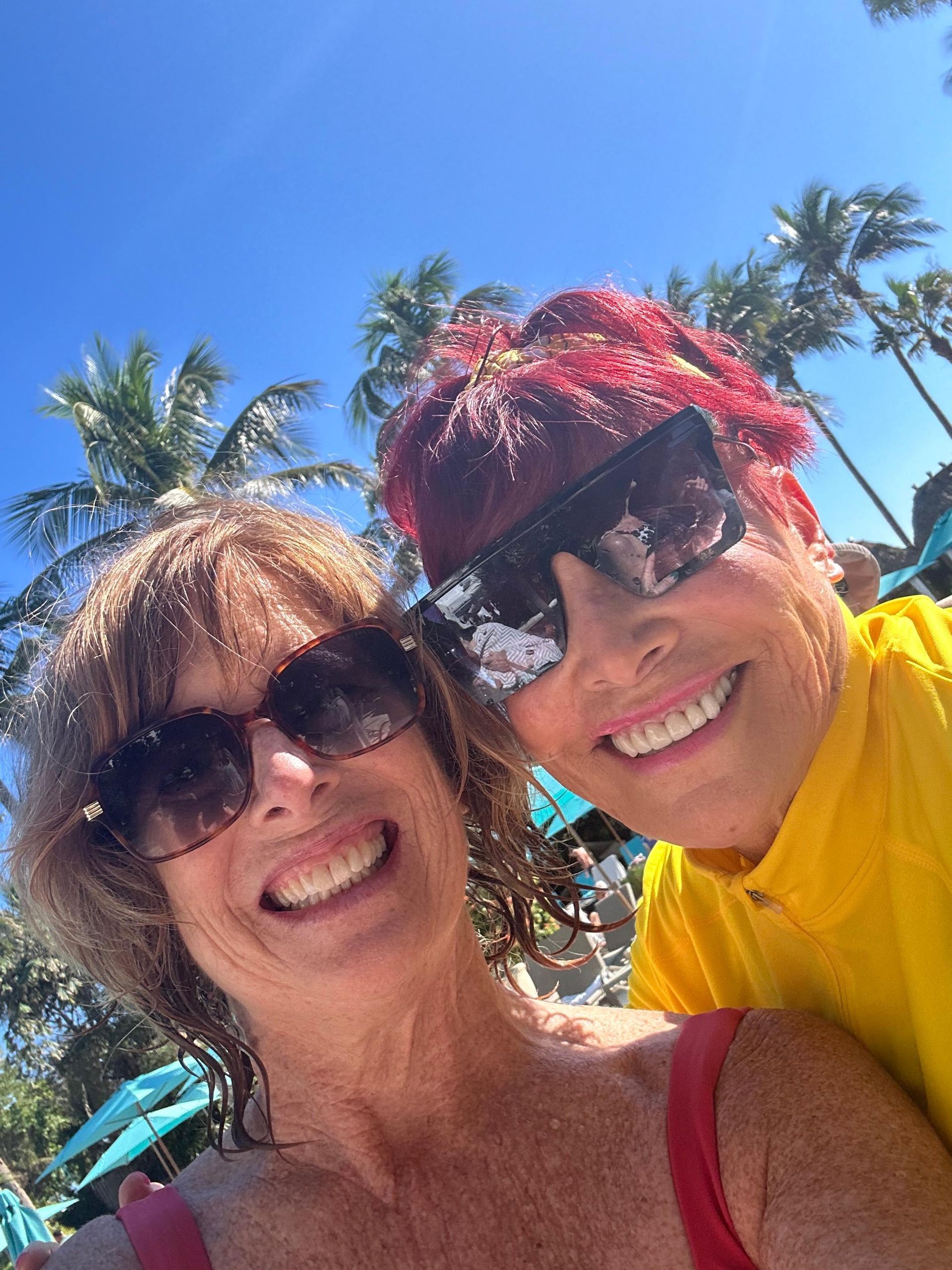Don’t Do Stupid Things(DDST)
The Primal Health Rule for Lifelong Vitality
We live in a world where more is often mistaken for better—more exercise, more dieting, more stress. However, in the Primal Health framework, one of the most powerful yet simple rules to follow is: Don’t Do Stupid Things (DDST). It’s not about perfection; it’s about making smarter choices that keep you strong, mobile, and thriving for years to come.
My Personal Journey: Learning the Hard Way
There was a time when I believed pushing through pain was a sign of strength. I followed an extreme exercise regimen, refusing to rest even when my body was clearly signaling for recovery. At the same time, I adhered to a highly restrictive diet, cutting out entire food groups in the pursuit of “health.”
On the surface, it seemed to work—I was losing weight and appearing fit. But the reality? I was exhausted, constantly injured, and mentally foggy. My body was running on fumes, and I had no energy left for real life. My focus suffered, my mood tanked, and simple tasks felt overwhelming. The “stupid things” I was doing in the name of health were actually making me weaker, not stronger.
It wasn’t until I started listening to my body, fueling it with real, nutrient-dense foods, prioritizing quality sleep, and training smarter, not harder, that I truly felt vibrant, strong, and capable again. This shift didn’t just change my body—it changed my entire perspective on health, longevity, and well-being.
Why “Don’t Do Stupid Things” Matters
Why “Don’t Do Stupid Things” Matters
Throughout human evolution, survival depended on avoiding obvious dangers—a poor food choice could mean poisoning and a wrong step could mean death. Our ancestors needed to be hyper-aware of their environment, making choices based on instinct and immediate threats.
Today, those dangers aren’t as obvious. Sure, we know not to text and drive, but many of the biggest threats to our well-being—chronic stress, poor nutrition, lack of movement—aren’t as immediately apparent. That’s why stupid things today often disguise themselves as “normal” habits. Recognizing them and making better choices is key to longevity and vitality.
Most health setbacks don’t happen overnight. They’re usually the result of ignoring warning signs, pushing too hard, or making avoidable mistakes. Whether it’s an unnecessary injury, chronic inflammation from poor food choices, or burnout from overtraining, stupid things can set you back in ways that take months—or even years—to recover from.
By applying DDST, you’re not being overly cautious; you’re being strategic about longevity. Health isn’t about short-term wins—it’s about sustainable habits that serve you for life and honoring the wisdom within you.
Common “Stupid Things” That Sabotage Your Health
Here are some of the most common mistakes people make when trying to stay healthy—and what to do instead:
1. Overtraining & Ignoring Recovery
❌ The Mistake: Pushing through pain, skipping rest days, and thinking “more is better.”
✅ The Primal Fix: Train smart—prioritize movement variety, listen to your body, and embrace rest.
2. Eating “Healthy” Processed Foods
❌ The Mistake: Thinking plant-based protein bars, low-fat yogurts, or “heart-healthy” cereals are good for you.
✅ The Primal Fix: Stick to real, whole foods—grass-fed meats, organic produce, healthy fats, and fermented foods.
3. Sacrificing Sleep for Productivity
❌ The Mistake: Bragging about 5 hours of sleep while chugging coffee to stay awake.
✅ The Primal Fix: Prioritize sleep like your health depends on it—because it does. Aim for 7-9 hours of quality sleep.
4. Chronic Cardio Instead of Efficient Training
❌ The Mistake: Doing long, grueling cardio sessions that leave you exhausted but not necessarily fitter.
✅ The Primal Fix: Focus on short, intense bursts of movement (sprints), strength training, and low-intensity walking.
5. Ignoring Stress & Mental Health
❌ The Mistake: Thinking stress is just part of life and that you have to push through it.
✅ The Primal Fix: Manage stress with mindfulness, deep breathing, and time in nature. Your nervous system affects everything from digestion to recovery.
6. Ignoring Pain
❌ The Mistake: Pushing through pain and assuming it will go away on its own. .
✅ The Primal Fix: Pain is your body’s way of signaling that something is wrong—listen to it and address the issue before it becomes chronic.
Primal Smart Choices Checklist: Are You Avoiding Stupid Things?
✅ I listen to my body and don’t push through pain.
✅ I eat real, whole foods instead of processed “health” foods.
✅ I prioritize sleep and avoid unnecessary late nights.
✅ I train efficiently, balancing strength, movement, and recovery.
✅ I manage stress and take time to reset daily.
✅ I focus on longevity, not just short-term performance.
✅ I honor my inner wisdom and make choices that serve my long-term health.
If you checked all of these, you’re on the right track to living a vibrant, primal-aligned life! If not, don’t worry—awareness is the first step toward change. Start making one smart shift today, and your future self will thank you.
The Vibrant Sage is about more than just following a program—it’s about trusting yourself, learning from past mistakes, and making decisions that allow you to thrive for a lifetime.


